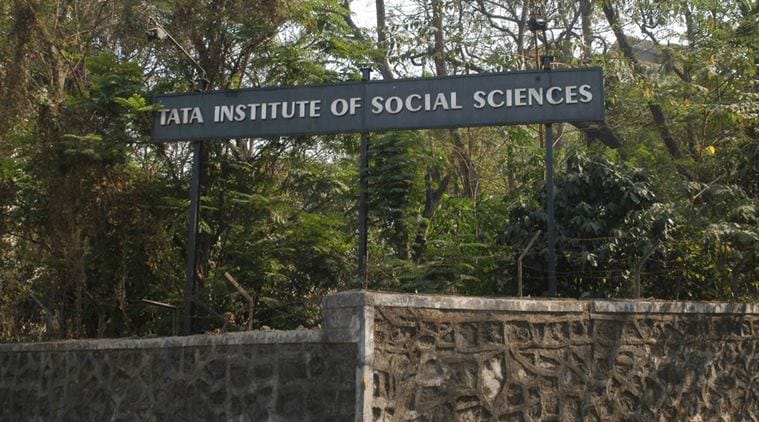
TRIBAL WOMEN from Aghai village in Shahapur taluka of Thane will be ready to sell the first batch of chickens from their individual poultry farms on April 15. These women are members of the Ekta Bachat Gat, a self-help group (SHG) formed in 2016 with the help of students from Tata Institute of Social Sciences (TISS).
Karan Sarin, a Masters student in social work (livelihoods and social entrepreneurship), is working upon the initiative under the guidance of Prof Dr Sunil Santha.
The initiative is a part of the Integrated Rural Health and Development Project (IRHDP). Now named ‘Pragati’, the IRHDP has been functional in the village since 1986. To date, the project has taken various steps for the development of the Adivasis. The main tribal populations that cover these regions are the Konkana, Katkari and Varli tribes.
Poultry farming in Aghai was focused on Rautrepada, the area from where a majority of the women in the SHG belong. The aim has been to develop a complementary source of livelihood for women through indigenous poultry farming, says Sarin.
Rautrepada, surrounded by mountains, dry lands and agricultural fields, consists of 15 households. The SHG comprises 15 members, of which 14 are from Rautrepada and one from Kamlipada. The women got 210 chicks with 15 chicks in each shed.
Pravin Jadhav, field coordinator for TISS, tells The Indian Express, “We brought one-month-old chicks for rearing. They now weigh about 350 gm. We need to increase their weight up to 1 kg. The women will sell male chickens and rear the females for eggs.”
A part of Sarin’s synopsis reads, “The action research strived towards building a sustainable indigenous poultry farming enterprise, based on the participatory solution that emerged from continuous interfacing with the community. Through various incidents, inside and outside the field, the action researchers were able to develop an understanding of the underlying vulnerability associated with the identity of being a tribal woman.”
In Rautrepada, the project was steered through “participatory action research” as mentioned in the synopsis. Each household has at least one female member who is a part of Ekta Bachat Gat.
The journey began from understanding context and daily struggles. Researchers then drew a plan to implement the project, based on solutions that the women came up with.
“We discussed various ideas, ranging from SRI to livestock rearing. With each idea, we presented limitations so that the idea kept evolving. The people came up with the final solution in the form of poultry farming,” adds Sarin.
The task at hand now is to identify a solution to help the women fetch a good price for the chickens. Prof Asha Banu Soletti said, “For all the projects that we have implemented in the village, including water conservation among others, the primary focus has been women.”